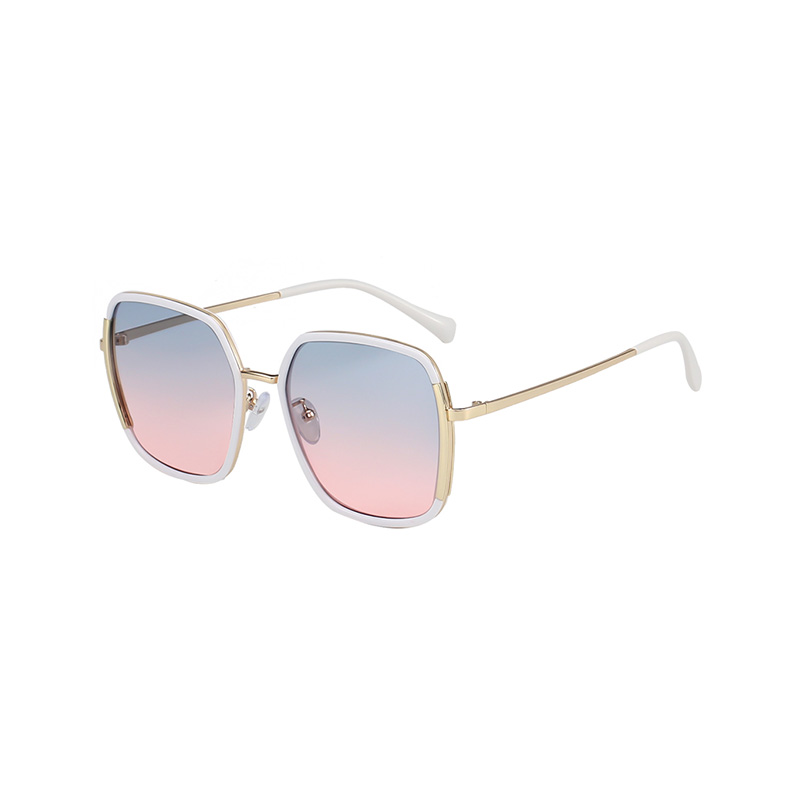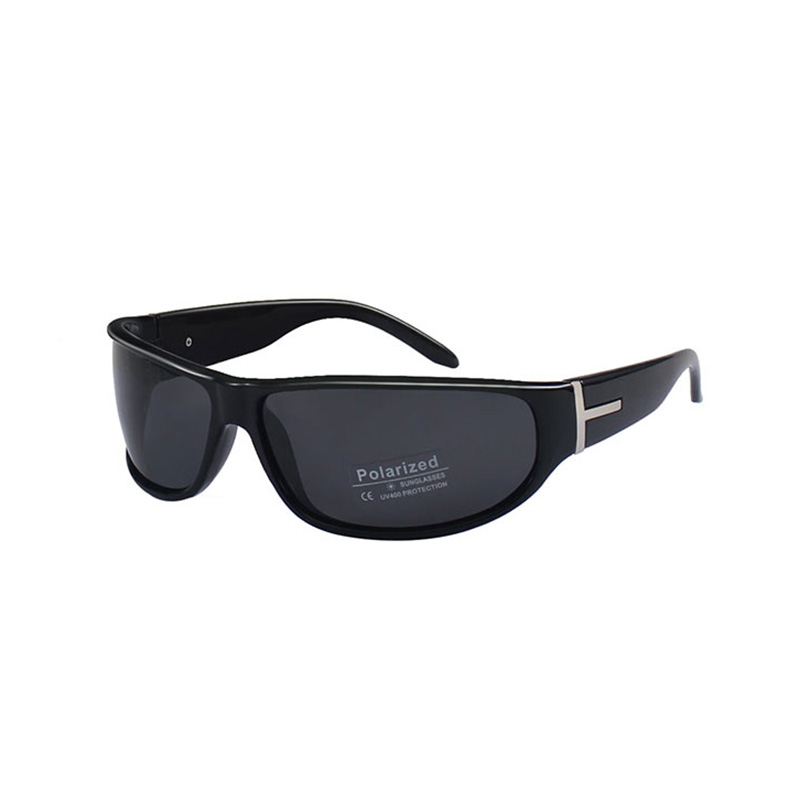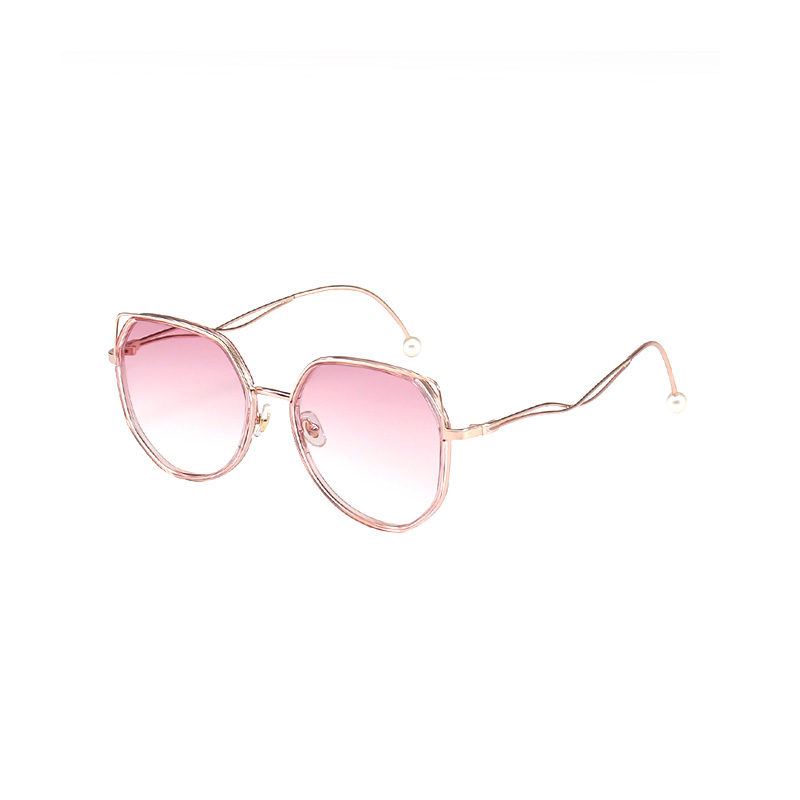How Custom Sunglass Manufacturers Ensure Quality Control?
Jun 20,2025
Quality control is an essential part of the manufacturing process for custom sunglass manufacturers. Ensuring that every pair of sunglasses meets certain standards is crucial to maintain customer satisfaction and product reliability. Manufacturers use various methods and processes to monitor and improve the quality of their products throughout production. This article explores how manufacturers implement quality control measures to deliver consistent and trustworthy eyewear.
One of the primary steps taken by custom sunglass manufacturers to ensure quality control is the inspection of raw materials. The selection of materials such as acetate for frames, metals for hinges, and lenses is carefully monitored. Manufacturers often establish strict criteria for these materials to ensure they meet durability, safety, and appearance requirements. By inspecting incoming materials, manufacturers reduce the risk of defects in the final product.
Custom sunglass manufacturers also focus on the precision of the manufacturing process. This involves the use of advanced machinery and skilled labor to produce frames and lenses that conform to design specifications. For instance, lenses must meet standards regarding thickness, curvature, and optical clarity. Manufacturers use measurement tools and optical testing equipment during production to verify these parameters. This helps identify any deviations early and prevents faulty products from moving forward.
In addition to production checks, custom sunglass manufacturers carry out regular in-process inspections. These inspections monitor various stages such as molding, assembly, and finishing. For example, during frame molding, manufacturers check for imperfections like bubbles or warping. At the assembly stage, the alignment of lenses and attachment of hinges are examined to ensure proper fit and function. Manufacturers implement these checkpoints to maintain consistent quality at every step.
Testing the lenses for ultraviolet (UV) protection is another critical aspect of quality control for custom sunglass manufacturers. Since sunglasses must protect users from harmful UV rays, manufacturers perform tests using specialized equipment to measure the level of UV filtering. Manufacturers ensure that the lenses block an adequate percentage of UVA and UVB rays, meeting regulatory standards and consumer expectations.
Durability testing is also commonly practiced by custom sunglass manufacturers. Frames and lenses undergo stress tests to evaluate their resistance to impact, bending, and scratching. For example, frame hinges may be tested for repeated opening and closing cycles to assess longevity. Lenses can be subjected to scratch resistance and impact tests. These evaluations help manufacturers identify weaknesses and improve product robustness.
Surface finishing is an area where custom sunglass manufacturers apply quality control measures as well. Frames and lenses often receive coatings such as anti-reflective layers, scratch-resistant treatments, or color finishes. The application of these coatings requires precision and uniformity. Manufacturers inspect the surface quality visually and with instruments to detect uneven coatings, bubbles, or defects. Ensuring smooth and consistent finishes enhances the overall user experience.
Packaging and labeling are further steps in the quality control process used by custom sunglass manufacturers. Proper packaging protects the sunglasses during transport and storage, preventing damage. Manufacturers also verify that labeling information such as lens specifications, UV protection level, and care instructions is accurate and compliant with regulations. These details help maintain product integrity and provide customers with essential information.
Many custom sunglass manufacturers adopt quality management systems (QMS) to standardize their processes. These systems include documentation, procedures, and training programs designed to maintain consistent quality. By following a QMS, custom sunglass manufacturers can monitor production performance, identify areas for improvement, and reduce variability. This systematic approach supports continuous quality enhancement.
 PREV:
PREV:The Role of Custom Sunglass Manufacturers in Fashion and FunctionNEXT:
Materials and Technologies Used by Custom Sunglass Manufacturers

Your email address will not be published. Required fields are marked *
You can contact us at any time, and we will reply to you within 24 hours.



 English
English русский
русский Français
Français Español
Español عربى
عربى





